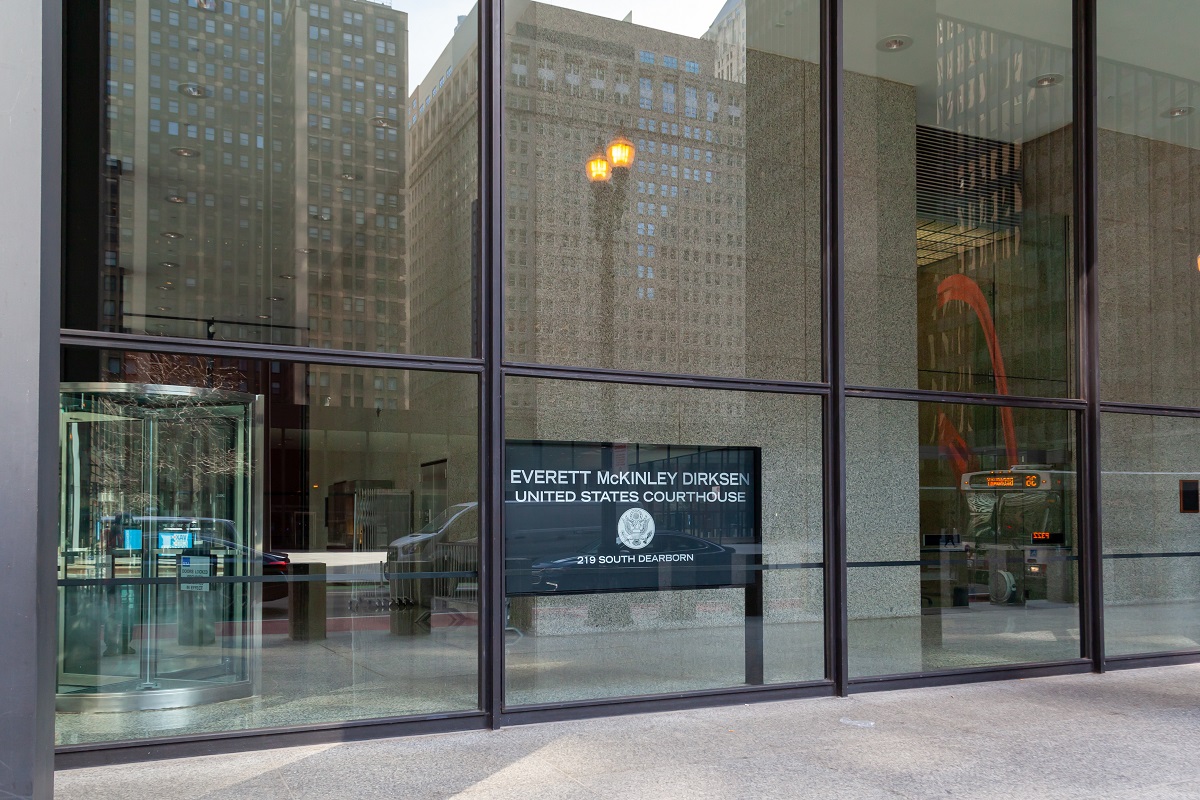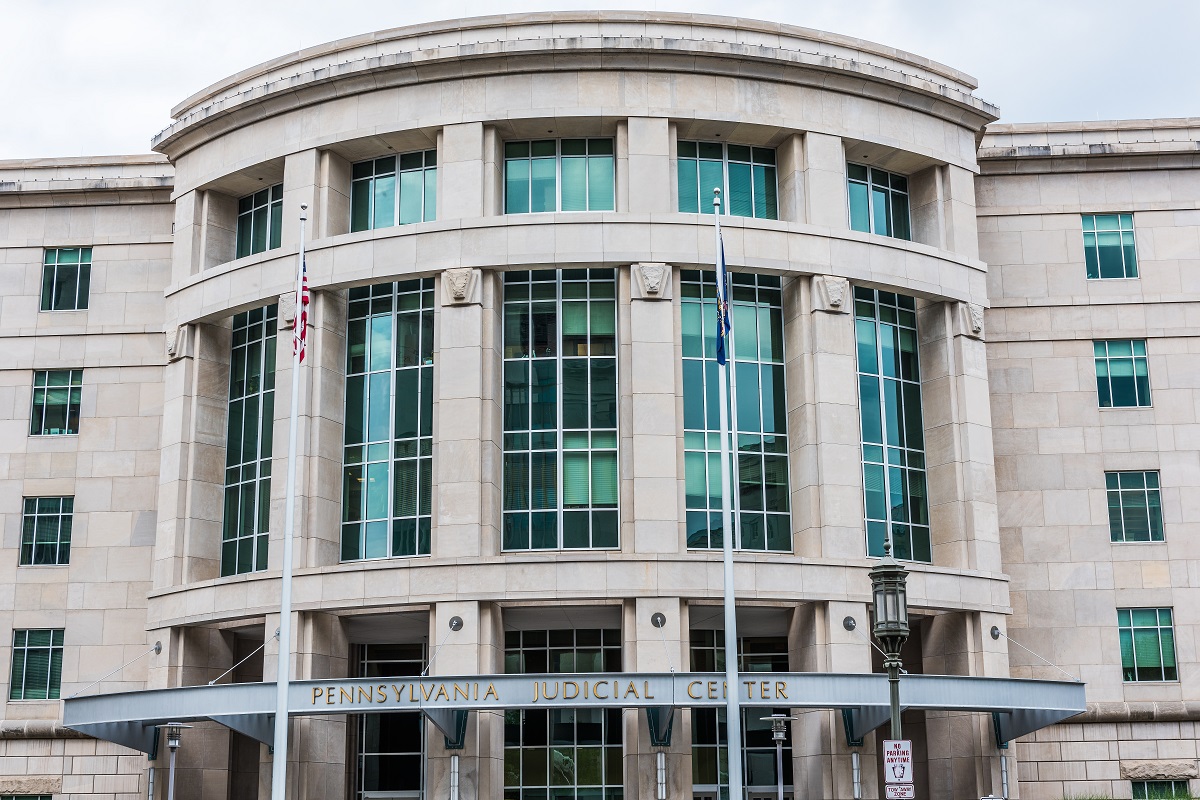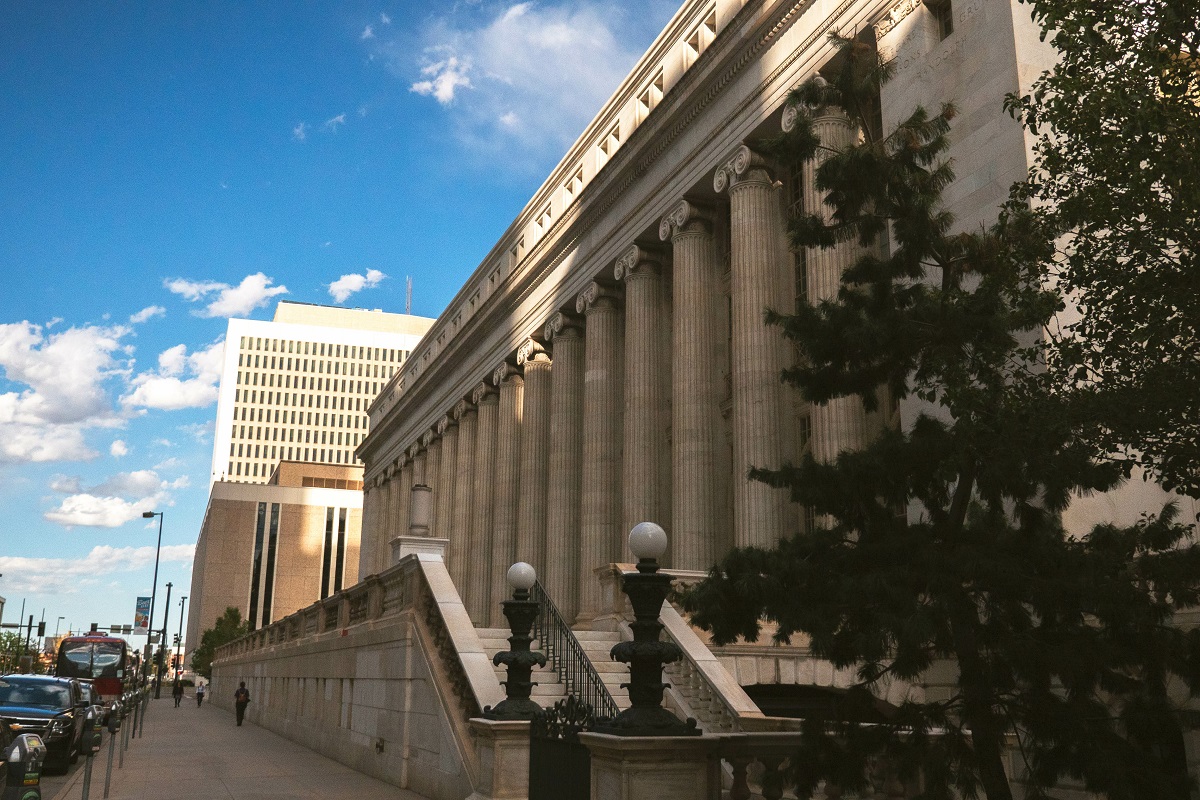The Consumer Financial Protection Bureau on Nov. 16 released its annual report regarding its activities taken in 2023 to administer the Fair Debt Collection Practices Act, spotlighting, among other topics, the collection of medical debt.
Posts published in “FDCPA”
Fair Debt Collection Practices Act
7th Cir. Rules Dispute Sent Through Wrong Channel Gave Rise to Valid FDCPA ‘Bona Fide’ Error Defense

The U.S. Court of Appeals for the Seventh Circuit recently affirmed a trial court’s summary judgment ruling in favor of a debt collector asserting a bona fide error defense to an action under the federal Fair Debt Collection Practices Act.
The U.S. Court of Appeals for the Eighth Circuit recently affirmed the ruling of a trial court that followed the lodestar method and reduced an attorney fee award by 50 percent.
The Appellate Court of Illinois, Second District, recently affirmed the dismissal of a claim for supposed violations of the federal Fair Debt Collections Practices Act where the consumer plaintiff failed to allege facts that the money sought to be collected was a “debt” as defined by section 1692a(5) of the FDCPA, and the demand letter from the defendant law firm indicated that the debt was commercial in nature.
The U.S. Court of Appeals for the Seventh Circuit recently affirmed the dismissal of a debtor’s federal Fair Debt Collection Practices Act lawsuit for lack of Article III standing. In so ruling, the Seventh Circuit held that the debtor’s hiring an attorney and paying an appearance fee, as well as alleged confusion, lost sleep, and emotional distress, were not sufficient to meet the requirements of standing.
The U.S. Court of Appeals for the Seventh Circuit recently affirmed the dismissal of a consumer’s lawsuit against a debt collector, holding that the consumer lacked Article III standing to sue because his allegations of ʺconfusion” and “alarm” were not sufficiently concrete to result in an injury in fact.
The Superior Court of Pennsylvania, an intermediate appellate court, recently affirmed a trial court's order sustaining preliminary objections to a complaint alleging violations of Pennsylvania's Fair Credit Extension Uniformity Act (FCEUA), which incorporates by reference the federal Fair Debt Collection Practices Act (FDCPA).
The U.S. Court of Appeals for the Sixth Circuit recently held that a consumer plaintiff had Article III standing to sue because his federal Fair Debt Collection Practices Act claim was similar to a common law "intrusion upon seclusion" claim, even though it involved only a single unwanted call.
The U.S. Court of Appeals for the Sixth Circuit recently reversed a trial court's dismissal of a consumer’s federal Fair Debt Collection Practices Act claim, and held that the FDCPA claim actually fell within the statute of limitations.
The U.S. Court of Appeals for the Eighth Circuit recently vacated a trial court’s judgment entered after trial in favor of the named plaintiff and a class of consumers for alleged violations of the federal Fair Debt Collection Practices Act and the Nebraska Consumer Protection Act due to lack of Article III standing.
The U.S. Court of Appeals for the Tenth Circuit recently affirmed the dismissal of a consumer’s federal Fair Debt Collection Practices Act claim, holding that the consumer did not allege any concrete harm necessary for standing.
Just a few years ago, the annual review would primarily encompass federal activity. But a shift began in 2018, and by the close of this year, it’s clear there is far more state activity impacting consumer debt collection.











